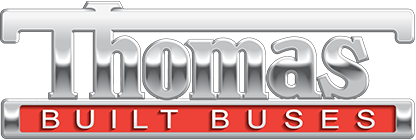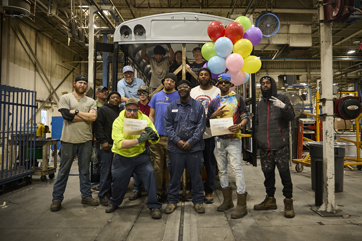
A behind-the-scenes look at our historic celebration and transition of the Type D legacy
It isn’t every day you get to celebrate a major milestone, so we’ve captured the iconic plant transition of our Type D production and commemorated the milestone in a video celebration. Chronicling the final steps of the last Type D bus to roll off the historic assembly line, the video features…
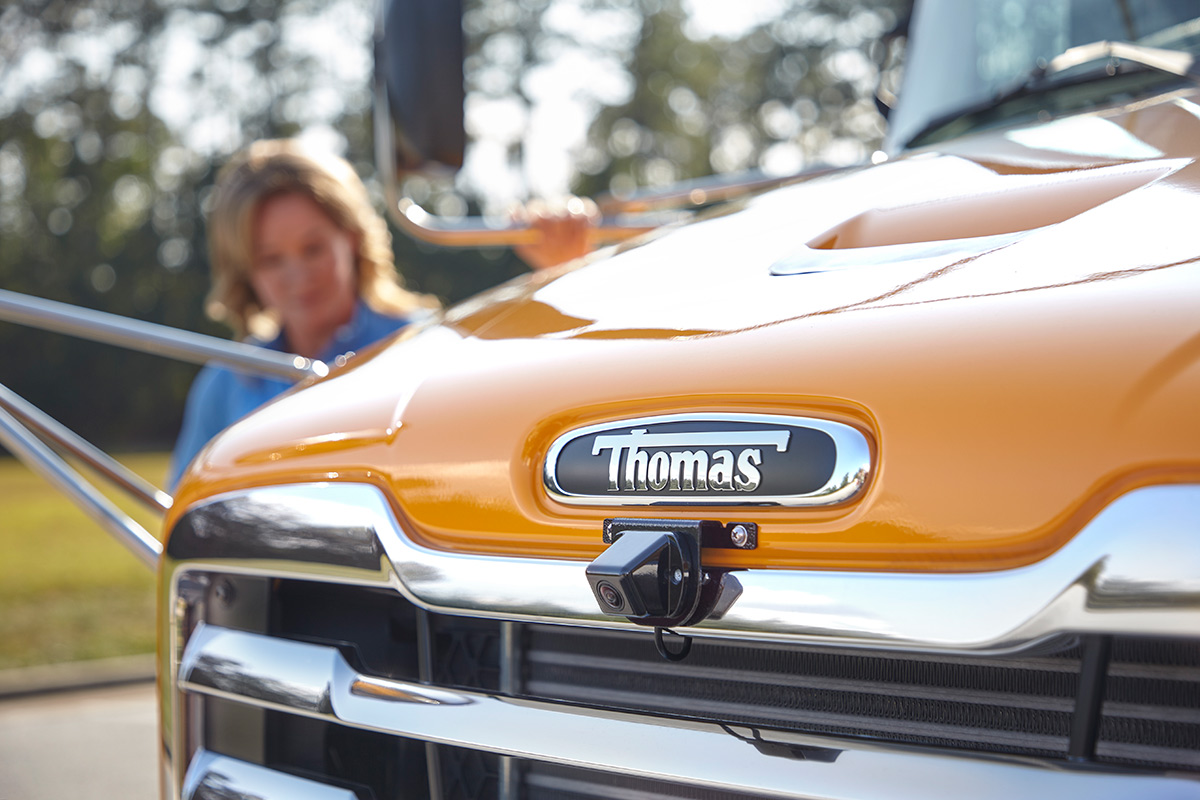
At Thomas Built Buses, we view safety as a journey, not a destination. Safety is at the core of everything we do—from our manufacturing processes to our testing protocols and focus on continuous innovation. It is more than just a feature; it’s an interconnected facet of all our operations.
Let’s look at how this commitment to safety is woven into every phase of our process, from…
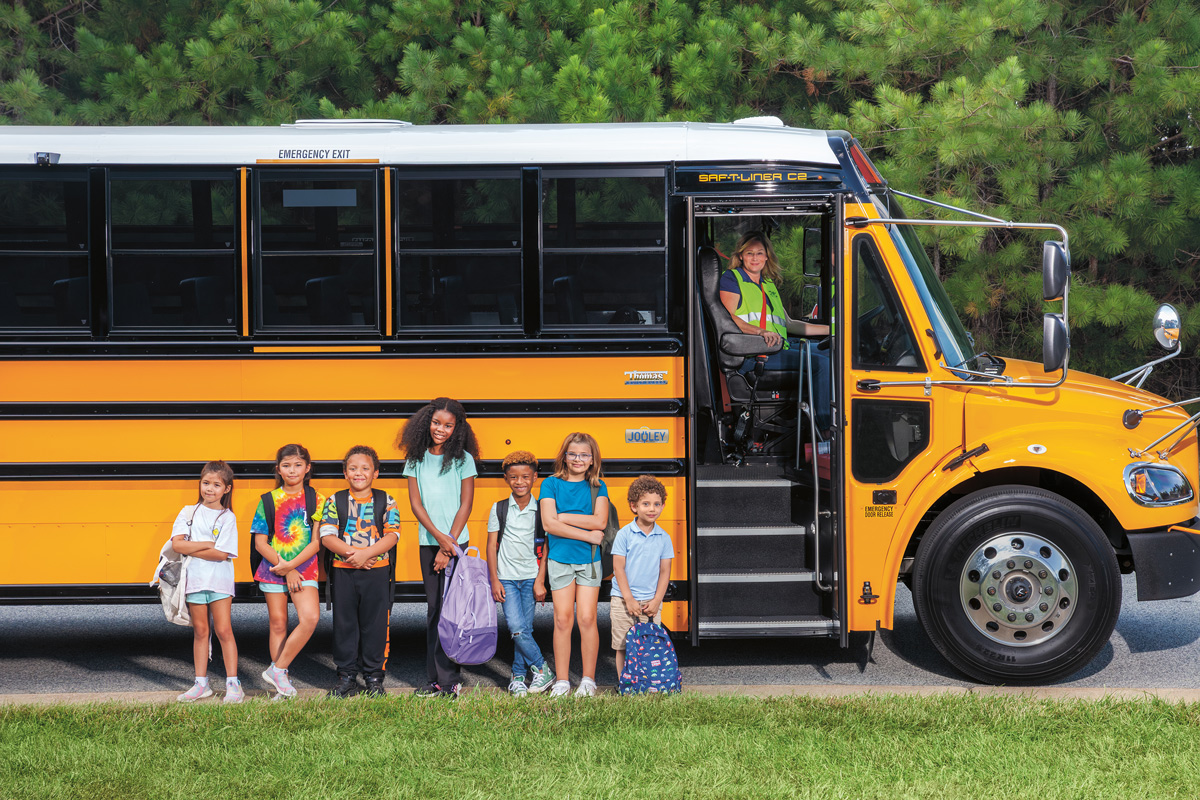
What makes the electric Saf-T-Liner C2 Jouley school bus an excellent vehicle for today and the future? Our free Electric School Bus Curriculum answers this and more.
Today’s students are increasingly interested in electric vehicles and environmentally smart transportation options. This dynamic, professionally designed curriculum provides teachers with tools and lessons to increase…
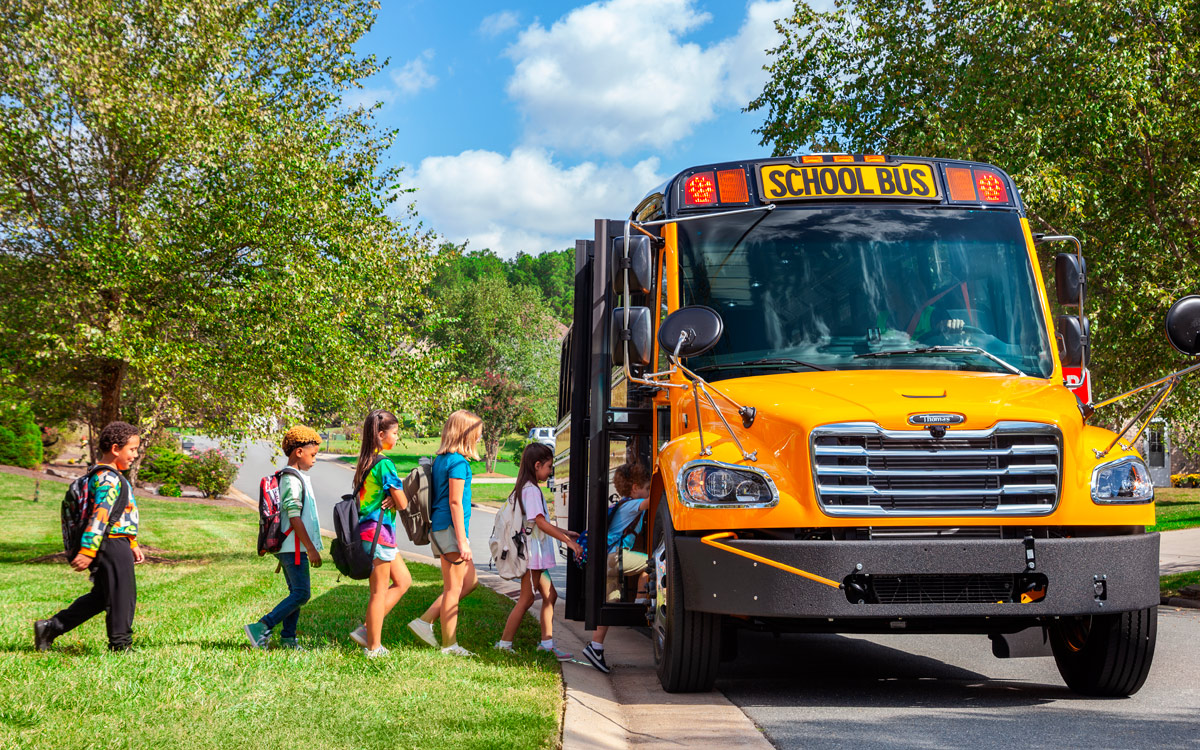
In today’s rapidly evolving industrial landscape, sustainability has become a global focus. But what does that even mean? For Thomas Built Buses, it’s about defining our commitment to our organization, our industry and the communities we serve. While our electric school bus, the Saf-T-Liner® C2 Jouley®, and its many milestones (including the recent delivery of our 1,000th) often come to…
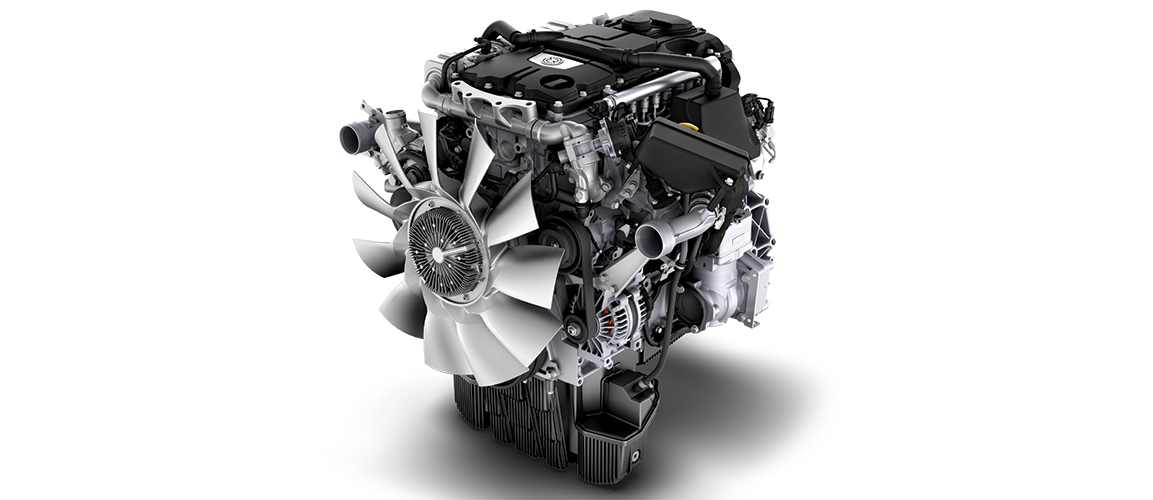
Why the Detroit DD5 4-Cylinder Diesel Engine Might Be More Powerful Than Engines in Your Current Fleet
Bigger is always better, right? Especially in the automotive world, it’s often thought that a larger engine means more power, greater speed and faster acceleration. In our world, larger engines equate to more power, not only for acceleration but for powering through steep inclines. So why would a school district opt for a 4-cylinder engine? That’s a question we’re hearing more and more. And the answer is because it just might be better than what you have in your current fleet. Let us explain.
When judging the power of an engine, you usually look at two things: horsepower and torque. But advanced engineering developments have now allowed new smaller engines, like the new Detroit® DD5™, to actually achieve the same amounts of horsepower and torque as you would expect from older, larger models. Plus, they can also produce greater power at lower engine RPMs which means they do not have to work as hard to accelerate and pull hills.
The popular Detroit DD5 and DD8™ diesel engines both were designed specifically for the medium-duty market and are perfect for school buses in terms of duty cycle, serviceability, etc. They both were purpose-built for stop-and-go operations to provide the power, performance and acceleration you would expect, along with greater reliability and fuel economy, which you may not already be getting.
The Detroit DD5 engine is a 4-cylinder engine. But looking a bit deeper shows that it is as big as it needs to be. With the 200 hp option, the engine delivers 620 lb.-ft of peak torque, the same amount of torque you would receive from any other 240 hp diesel engine. The 240 hp option provides the same peak torque as your typical 260 hp engine.
This 4-cylinder design provides just as much torque as a 6-cylinder engine, but because of its advanced technology and robust design, it also delivers greater fuel economy. Bottom line: the DD5 and DD8 engines are powerful and efficient. Don’t buy more engine than you need. Bigger isn’t always better.
